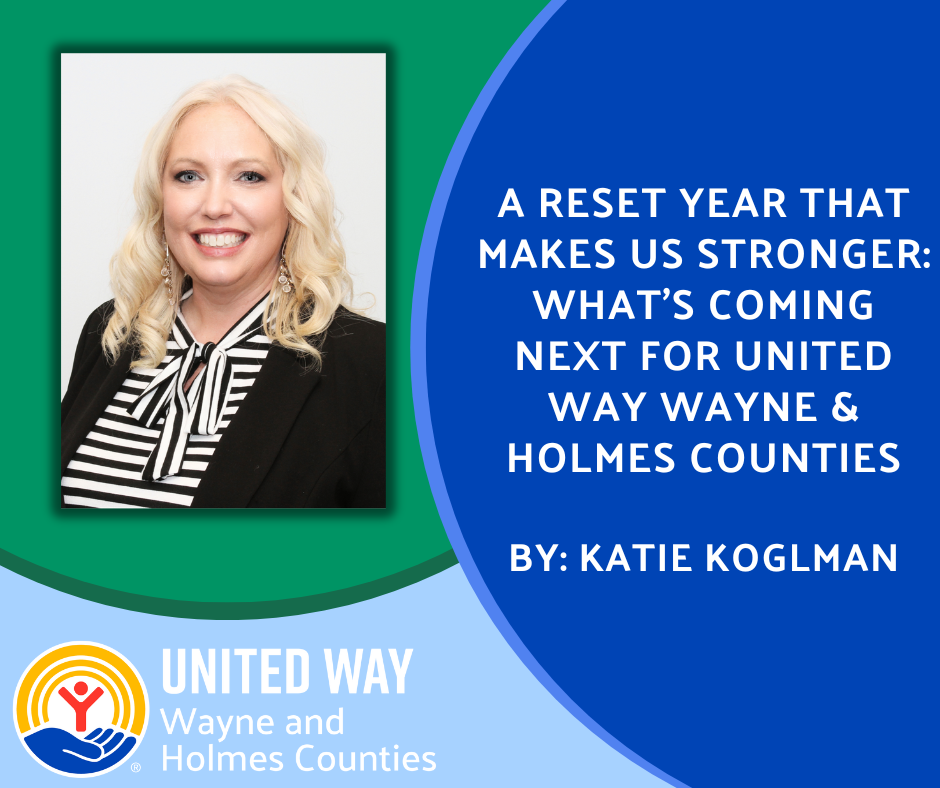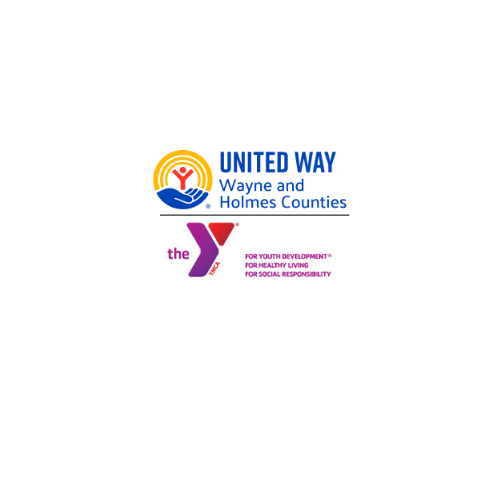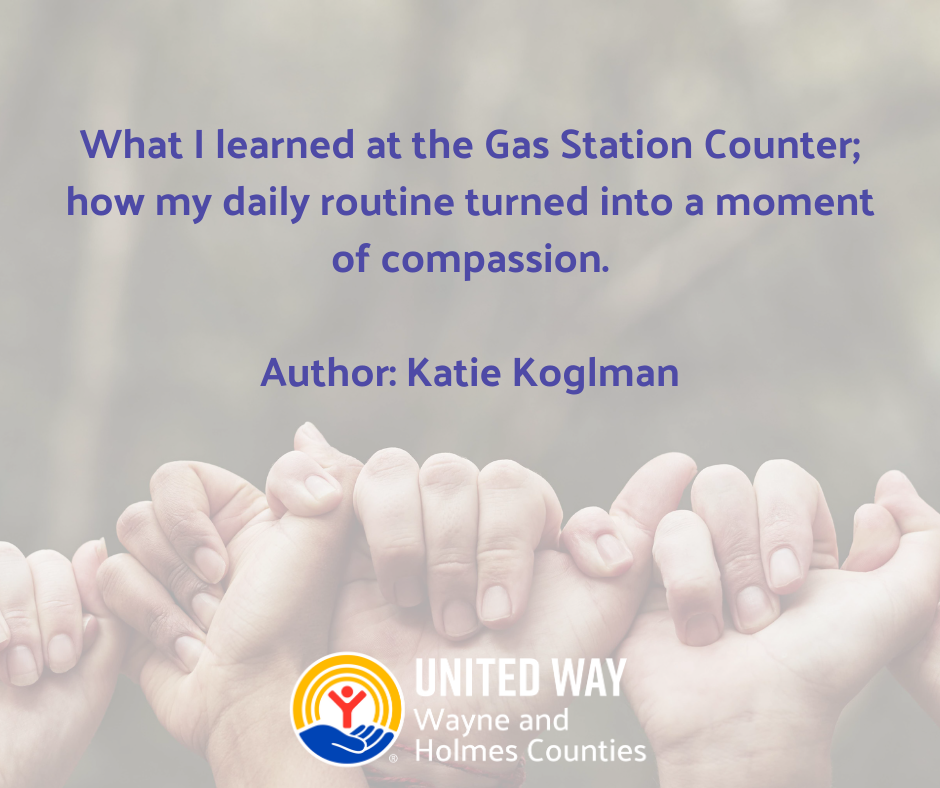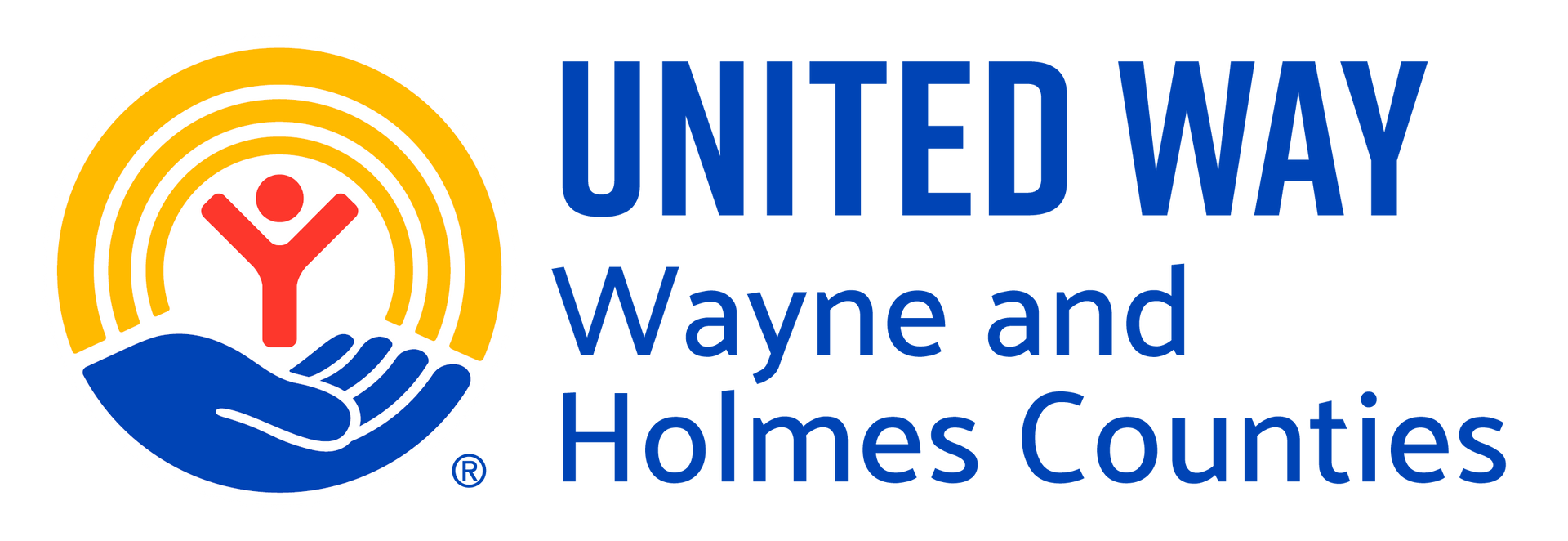Storage for the Unhoused: Problems and Solutions
All statements below that are not cited are based on the knowledge, opinion, and experience of the author or the interviewee
When discussing the obstacles the homeless population faces, the topics usually include finding employment, transportation, food access, or locating both short-term and long-term housing. However, one subject is often forgotten: storage. For those without permanent housing, carrying all belongings, at all times, is the only option. As stated by Tim Higgins, one of the Majors of the Wooster Salvation Army, “this is their life, these are their belongings…these are important things to them.” However, carrying all of one’s belongings can impede finding a permanent housing solution, being able to travel to work or appointments, or staying in shelters and short-term housing. Storage for these items during the day is essential for removing these impediments and granting better physical, social, or financial mobility. Unfortunately, this obstacle is often forgotten or can be difficult to solve.
Most employers do not allow large amounts of items to stay in the employees’ lounge, nor do most public transportation options, and sometimes even shelters struggle. For the Salvation Army, Major Connie Higgins states that the shelter can hold a visitor’s belongings for three days, with storage options under the beds, in lockers, and in the garage. However, “last Christmas, the walkways between buildings became a ‘tent city,’ where people had brought a lot of things,” says Major Tim. Finding space in shelters is a frequent issue as room is limited, but other issues around storage exist, as well. Security, liability, and management remain persistent obstacles in finding efficient storage options for shelters and organizations. Most organizations do not have the resources to store a large number of items and then, ensure nothing is stolen or misplaced. Thus, those who have more items than can be stored must leave them outside, which is not usually a feasible option and will inherently exclude many people from using the facilities. All of these issues make it difficult to find efficient, secure, accessible, and permanent storage solutions for both organizations or shelters and the homeless community.
While finding storage options for those who are unhoused can be difficult, there are potential solutions. For the Salvation Army, “finding a storage solution was a question posed to us immediately in our first few months,” says Major Connie. The first option proposed was adding more lockers. However, Major Connie argues that lockers are not the best option as many items cannot fit in the lockers and will be left outside of them - which does not solve the problem. Both Majors agree that a dedicated storage room or storage center would be an effective solution. The idea of “trash can storage” has also been discussed. Already enacted in several cities, such as Phoenix and Los Angeles, the project works by keeping clean, 60-gallon trashcans in a lot or warehouse that are individually locked and monitored by a security personnel. Unhoused people can keep their belongings in the trashcans for the day or even several weeks, which allows them to keep their belongings safe and secure - granting more mobility and decreasing stress. The Wooster Salvation Army says the project may be a possible solution but finding appropriate space and personnel would be an obstacle.
In conclusion, storage solutions for the unhoused are in strong demand in the community, but problems with location, security, and funding persist. However, the need for these options can be summarized by Major Tim, “I can’t imagine having to carry all my possessions, pulling all that with you, day in and day out.”
Sources:
1. Beech, Chace. “Safe Storage Options Present Opportunities for the Homeless.” spectrumnews1.Com, 2021, https://spectrumnews1.com/ca/la-west/housing/2021/10/08/safe-storage-options-present-opportunities-for-unhoused.
2. Carlozzi, Alexa, et al. “Interview with Salvation Army.” 1 June 2022.
3. “Garbage Bins and Zip Ties Create 'Lifesaver' Storage Program for Phoenix Homeless Population.” YouTube, Azcentral.com and The Arizona Republic, 11 Feb. 2022, https://youtu.be/S29yiZNh31E.
